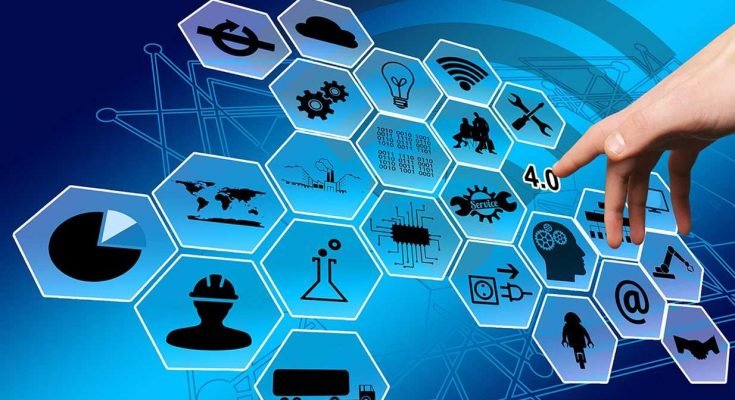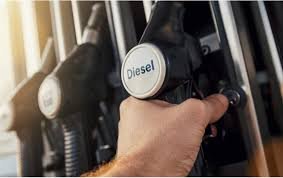The maritime industry realized well in time that digitalization is essential for tackling the numerous challenges, common in the 21st century. Today ships rely on using a broader spectrum of technologies to perform better and work smarter. The maritime industry has been proactive in adopting cutting-edge digital technologies to forge ahead of the competition in this fiercely competitive landscape. Moreover, it is critical to minimize the adverse impact of shipping and human actions on the ocean. Modern ships use these advanced technologies to further this goal and diversify the maritime sector.
In this context, experts at Forbes believe that rapid technological advancements have dramatically shifted consumer attitudes and overall behavior in recent years. Moreover, technology has powered the growth of on-demand services via digital platforms that promise customers speedy and convenient delivery of products, and immediate access to products and services.
Cargo Ship Technologies for Smarter Operations
Integrated Control System
It is incredibly challenging to monitor the diverse systems and keep tracking each and every corner of any cargo ship because of its dimensions, the volume of cargo, the number of docks, containers, and personnel. It is critical to seek assistance from a cutting-edge Integrated Control System that may include cameras, sensors, and other critical units that connect to one central server. The officers and the captain can seamlessly manage this gigantic vessel thanks to the Integrated Control System, which provides a consolidated and comprehensive overview of every part of the ship, 24 x 7, on a single unique interface. An alert will be activated in the event of any irregularity.
Geolocation
Geolocation technology facilitates real-time tracking and knowing the real-time location of all the ships in the fleet. Moreover, its features are best for assisting in ETA calculation, route selection, and extra support whenever necessary.
GPS
GPS helps with information relating to the ship’s speed measured accurately over the ground while the speed log helps to measure water speed. Thanks to GPS, cargo tracking has become possible. You can now gain real-time visibility over your containers at all ports.
Speed Log
Speed Log is best for measuring the vessel’s velocity in water. It is a critical indicator utilized for accurate performance calculation. Several parameters may impact these measurements, such as the condition of the sea, which may retard the speed of the ship, water clarity, and aeration.
Rudder Indicator
The rudder direction could shift frequently, while the ship is sailing thanks to the action of wind on the structure, propeller rotation, and the vessel’s hull. Rudder indication is a perfect device for constantly measuring the rudder angle.
Augmented Reality
Maritime Industry was dramatically transformed because of AR or Augmented Reality. Thanks to AR, the maritime industry enjoyed multiple benefits. AR helped in enhancing training efficiency for mariners via real-time experiences, conducting remotely routine maintenance and repair work without the presence of a technician at the site. Today mariners have access to cutting-edge remote guidance software connected to AR Wearables.
Robotics
Many maritime organizations today, rely on robots instead of hiring humans to carry out operations safely in hazardous environments. Robotics aids in tasks such as, on-site inspections, maintenance, painting, and hull cleaning. Robotics is the way to go, particularly, in crisis situations.
Conclusion
Key players in the marine industry should be prepared to respond to constantly changing needs. The perfect solution and secret to success in the marine industry are to go digital in everyday activities.



